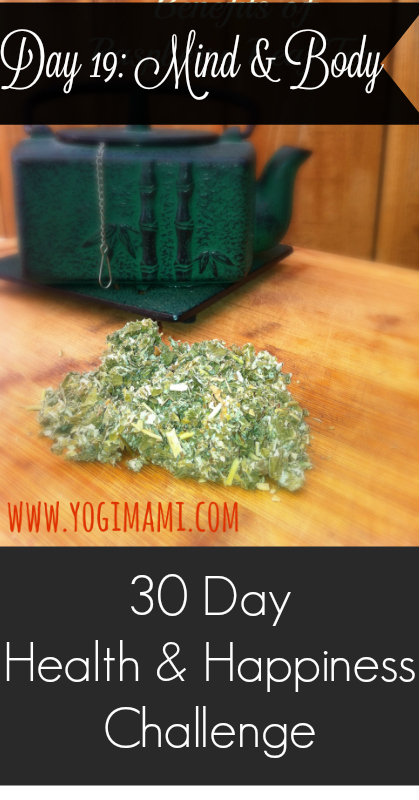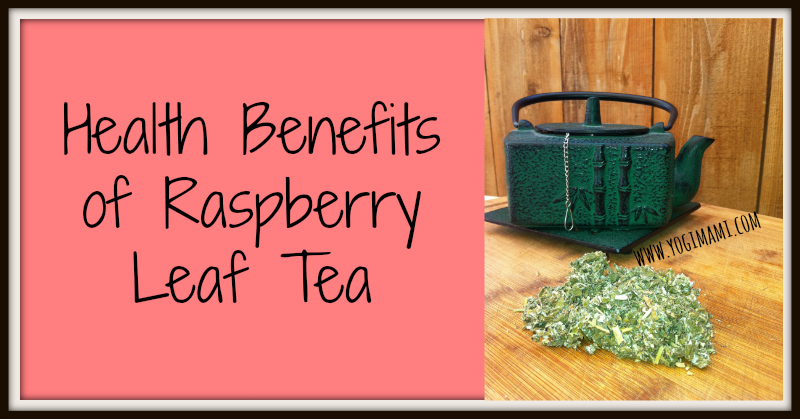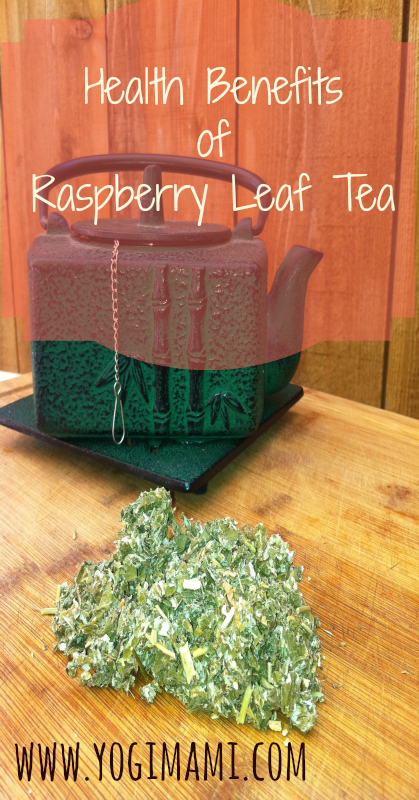Raspberry leaf tea is a mild tasting similar to the taste of black tea, but without the caffeine. The tea is made from dried leaves of the raspberry plant. This powerful herb is high in vitamins, nutrients and tannins which makes it great for women in all stages of life, and pretty much everyone else. I discovered raspberry leaf tea in my first pregnancy and used it again in my second with wonderful results. I was reintroduced recently when I began to research some natural treatments for my own personal health issues. This post will share with you the benefits of including raspberry leaf tea to your routine.
Nutritional Information for Raspberry Leaf
Raspberry leaf tea is very rich in vitamins and minerals and is a great way to boost the immune system when feeling ill and can also be used as a base for homemade electrolyte drinks. Raspberry leaf tea contains high amounts of:
- Calcium
- Carotenoids
- Pectin
- Potassium
- Magnesium
- Iron
- Vitamins A, B, C, D& E.
Because of the high nutritional value raspberry leaf tea is especially beneficial for both men and women’s reproductive system as a way to detoxify extra hormones from plastics, food additives, commercial meats, dairy or natural hormonal shifts.
Health Benefits of Raspberry Leaf
Raspberry leaf tea has been used throughout history to treat problems such as anemia, cold/canker sores, bloating diarrhea, gum disease, sunburn, rashes and other skin disorders. This herb is ideal to balance hormones and ease symptoms of PMS, endometriosis menstrual problems and cysts. Raspberry leaf tea possesses antibacterial, anti-inflammatory and antioxidant qualities. It is said to boost fertility and is highly recommended for women who are trying to conceive and, if approved by your healthcare provider, is safe to take throughout pregnancy. Raspberry leaf tea is also shown to reduce morning sickness symptoms and leg cramps that are common pregnancy discomforts and is often recommended by doulas and midwives. The tea strengthens the uterus and pelvic muscles and studies have shown that women who drank raspberry leaf tea during pregnancy had shorter labors and were much less likely to have interventions than expecting mothers who did not consume the tea. Since I used it in both of my pregnancies I don’t have anything to compare it to, but I did have two, amazing and fast natural childbirths and attest it to all the natural modalities I used throughout my pregnancy which included raspberry leaf tea, yoga, relaxation and meditation and evening primrose oil.
How To Use Raspberry Leaf Tea
Raspberry leaf tea comes in tablet, tea bags, loose leaf or tincture form. It can replace your morning or evening tea, since it doesn’t contain caffeine and can be served either hot or iced. A tincture can be applied externally to help skin problems, or can be taken internally to alleviate PMS, menstrual flow that is too light or too heavy and infertility. Raspberry leaf tea can be purchased online (HERE), found at many health food stores or from health practitioners. It is important to purchase herbs from a trusted source to avoid contaminated products.
I have been using raspberry leaf tea most recently as one of the natural modalities to balance my hormones and alleviate the symptoms associated with my fibroids. I have noticed a difference in my health and well-being and couldn’t wait to share the information I have found with my readers. Herbs effective everyone differently so it is best to consult a medical professional and test to see which herbs work best for you!
Do you, or have you taken raspberry leaf tea? We would love for you to share your experiences with us!





Hello, just letting you know that I LOVED this post on raspberry leaf tea! I have been working on hormone balancing and I was hoping for more information on this wonderful herb. Thanks for the great read. I shared this on my facebook page! http://www.thehomesteadgarden.com
http://www.thehomesteadgarden.com